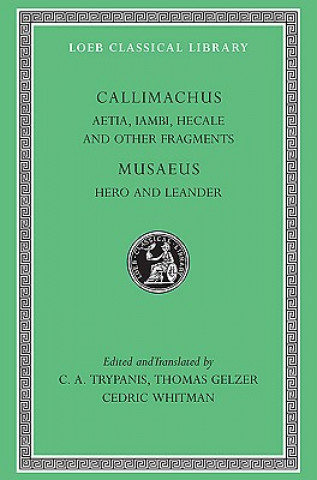
Kód: 01991587
Aetia, Iambi, Hecale and Other Fragments. Hero and Leander
Autor Callimachus
Callimachus of Cyrene, born ca. 310 BCE, after studying philosophy at Athens, became a teacher of grammar and poetry at Alexandria. Ptolemy II Philadelphus of Egypt (reigned 285247) made him when still young a librarian in the new ... celý popis
- Jazyk:
 Angličtina
Angličtina - Vazba: Pevná
- Počet stran: 448
Nakladatelství: Harvard University Press, 1958
- Více informací o knize

Mohlo by se vám také líbit
-
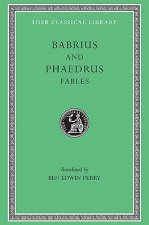
Fables
905 Kč -
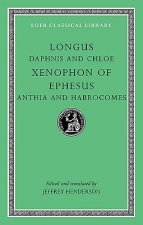
Daphnis and Chloe. Anthia and Habrocomes
815 Kč -
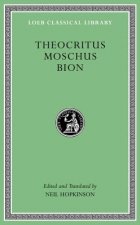
Theocritus. Moschus. Bion
815 Kč -
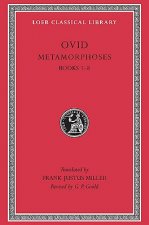
Metamorphoses
1006 Kč -
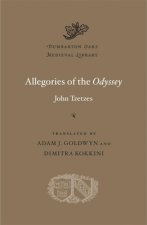
Allegories of the Odyssey
1121 Kč -
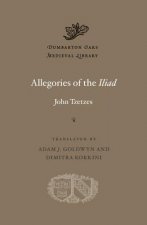
Allegories of the Iliad
1121 Kč -
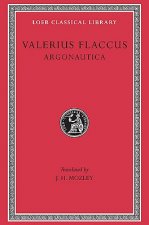
Argonautica
905 Kč -
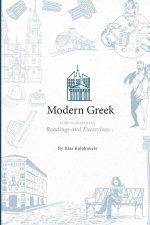
Modern Greek for Classicists
543 Kč -
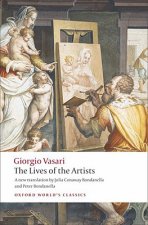
Lives of the Artists
282 Kč -
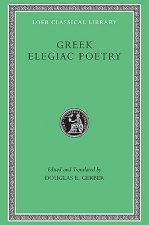
Greek Elegiac Poetry
905 Kč -
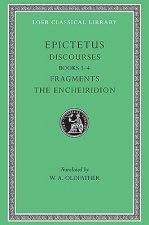
Discourses, Books 3-4. Fragments. The Encheiridion
836 Kč -
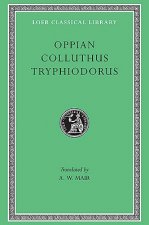
Oppian, Colluthus, and Tryphiodorus
815 Kč -
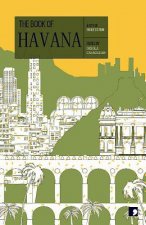
Book of Havana
306 Kč -
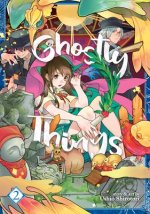
Ghostly Things Vol. 2
304 Kč -
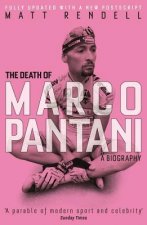
Death of Marco Pantani
302 Kč -
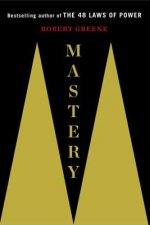
Mastery
656 Kč -
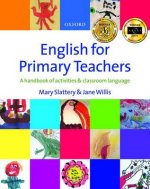
English for Primary Teachers
1515 Kč -
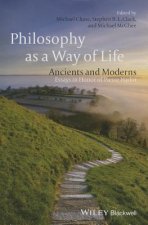
Philosophy as a Way of Life
3188 Kč -

Artist's House
1055 Kč -

Warriors Manga: Skyclan and the Stranger #1: The Rescue
185 Kč -
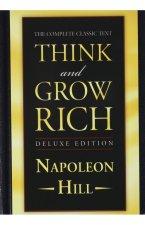
Think and Grow Rich Deluxe Edition
586 Kč -

Magnetická záložka Girl - MZ 039
30 Kč -
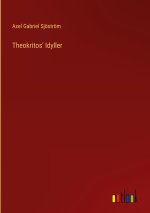
Theokritos' Idyller
1593 Kč -

Bajki robotów
164 Kč -
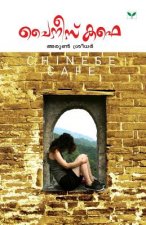
Chinese Cafe
446 Kč -

Die Heimkehrer
286 Kč -

Arbeitsbuch Pflege Heute
709 Kč -

Mutter sag, wer macht die Kinder?
191 Kč
Informovat o naskladnění knihy
Zadejte do formuláře e-mailovou adresu a jakmile knihu naskladníme, zašleme vám o tom zprávu. Pohlídáme vše za vás.
Více informací o knize Aetia, Iambi, Hecale and Other Fragments. Hero and Leander
 Anotace knihy
Anotace knihy
Callimachus of Cyrene, born ca. 310 BCE, after studying philosophy at Athens, became a teacher of grammar and poetry at Alexandria. Ptolemy II Philadelphus of Egypt (reigned 285247) made him when still young a librarian in the new library at Alexandria; he prepared a great catalogue of its books. Callimachus was author of much poetry and many works in prose, but not much survives. His hymns and epigrams are given with works by Aratus and Lycophron in another volume ("no. 129") of the Loeb Classical Library. In the present volume are included fragments of the "Aetia" (Causes), aetiological legends concerning Greek history and customs; fragments of a book of "Iambi"; 147 fragments of the epic poem "Hecale, " which described Theseus's victory over the bull which infested Marathon; and other fragments. We have no explicit information about the poet Musaeus, author of the short epic poem on "Hero and Leander," except that he is given in some manuscripts the title Grammatikos, a teacher learned in the rhetoric, poetry and philosophy of his time. He was obviously a follower of the Egyptian poet Nonnus of Panopolis, of the fifth century AD, and his poem seems also to presuppose the "Paraphrase of the Psalms" of Pseudo-Apollinarius which can be dated to the period 460470. Musaeus takes up a subject whose first detailed treatment is preserved in Ovid's "Heroides" (Epistles 18 and 19), but he presents it in a quite different manner. Among the literary antecedents to which this learned grammatikos expressly alludes, the most prominent are Books 5 and 6 of the "Odyssey" and Plato's "Phaedrus." He draws too on the "Hymns" of Proclus and the "Metaphrasis of the Gospel of St. John" by Nonnus. He was most probably a Christian Neoplatonist writing a Christian allegory.
 Parametry knihy
Parametry knihy
Zařazení knihy Knihy v angličtině Literature & literary studies Prose: non-fiction Literary essays
- Plný název: Aetia, Iambi, Hecale and Other Fragments. Hero and Leander
- Autor: Callimachus
- Jazyk:
 Angličtina
Angličtina - Vazba: Pevná
- Počet stran: 448
- EAN: 9780674994638
- ISBN: 0674994639
- ID: 01991587
- Nakladatelství: Harvard University Press
- Hmotnost: 336 g
- Rozměry: 118 × 174 × 25 mm
- Datum vydání: December 1958
Oblíbené z jiného soudku
-
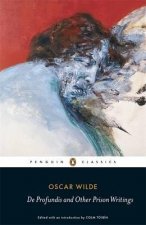
De Profundis and Other Prison Writings
302 Kč -

Walden
323 Kč -
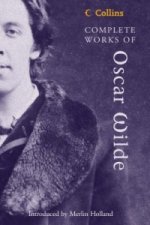
Complete Works of Oscar Wilde
410 Kč -
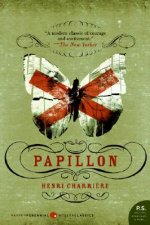
Papillon
429 Kč -
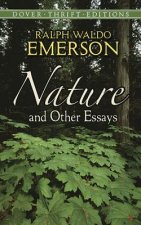
Nature and Other Essays
185 Kč -
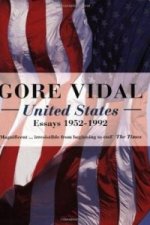
United States
463 Kč -

Ocean, the Bird, and the Scholar
685 Kč -
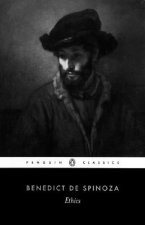
Ethics
276 Kč -

WHITE ALBUM: ESSAYS
433 Kč -
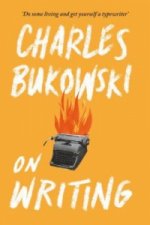
On Writing
205 Kč -
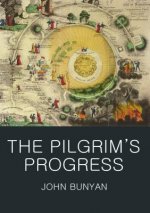
The Pilgrim's Progress
143 Kč -
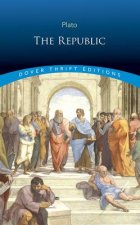
Republic
183 Kč -
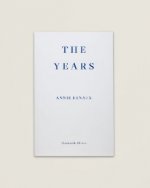
Years - WINNER OF THE 2022 NOBEL PRIZE IN LITERATURE
399 Kč -
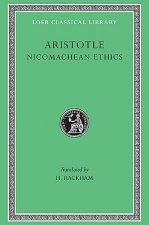
Nicomachean Ethics
836 Kč -
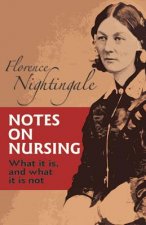
Notes on Nursing
169 Kč -
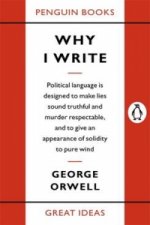
Why I Write
204 Kč -
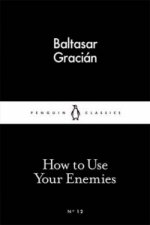
How to Use Your Enemies
89 Kč -
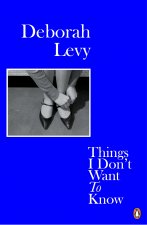
Things I Don't Want to Know
323 Kč -
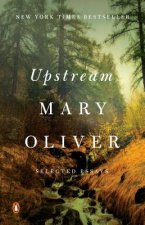
Upstream
410 Kč -
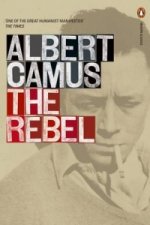
Rebel
276 Kč -
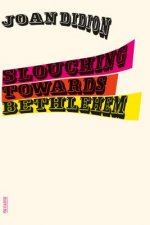
Slouching Towards Bethlehem
434 Kč -
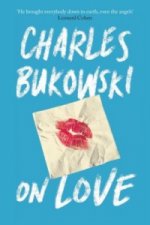
On Love
205 Kč -
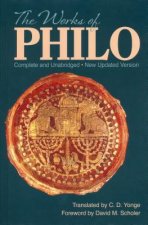
The Works of Philo
515 Kč -
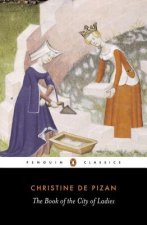
Book of the City of Ladies
340 Kč -
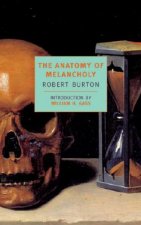
Anatomy Of Melancholy
677 Kč -
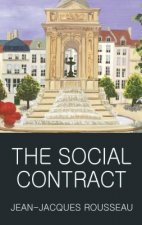
Social Contract
143 Kč -
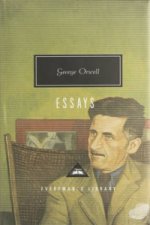
Essays
810 Kč -
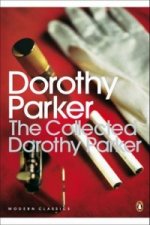
Collected Dorothy Parker
356 Kč -
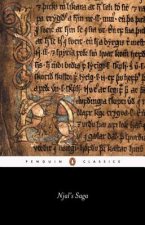
Njal's Saga
302 Kč -
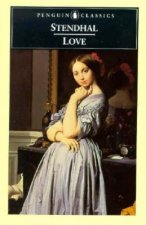
Love
302 Kč -
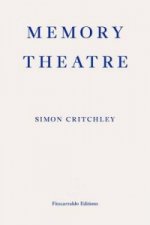
Memory Theatre
302 Kč -
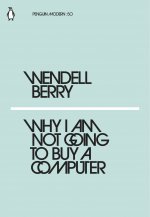
Why I Am Not Going to Buy a Computer
89 Kč -
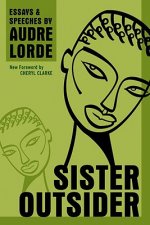
Sister Outsider
381 Kč -
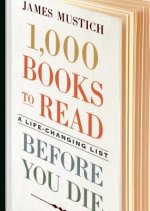
1,000 Books to Read Before You Die
794 Kč -
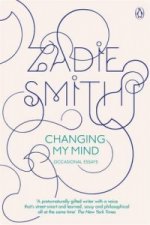
Changing My Mind
302 Kč -
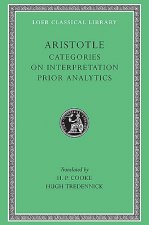
Categories. On Interpretation. Prior Analytics
815 Kč -
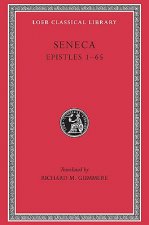
Epistles
815 Kč -
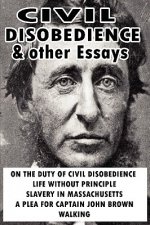
Civil Disobedience and Other Essays
257 Kč -
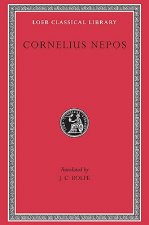
On Great Generals. On Historians
905 Kč -
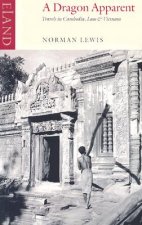
Dragon Apparent
356 Kč -

How to be Alone
247 Kč -
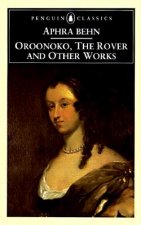
Oroonoko, the Rover and Other Works
249 Kč -
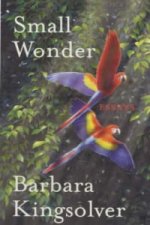
Small Wonder
329 Kč -
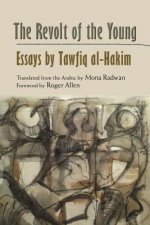
Revolt of the Young
842 Kč -
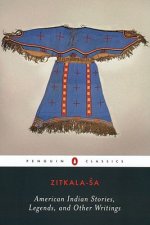
American Indian Stories, Legends, and Other Writings
429 Kč -
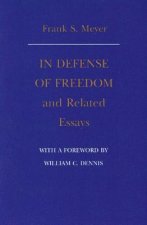
In Defense of Freedom & Related Essays
409 Kč -
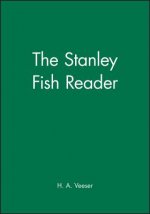
Stanley Fisher Reader
1797 Kč -
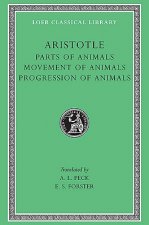
Parts of Animals. Movement of Animals. Progression of Animals
905 Kč -
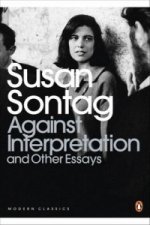
Against Interpretation and Other Essays
330 Kč
Osobní odběr Praha, Brno a 12903 dalších
Copyright ©2008-24 nejlevnejsi-knihy.cz Všechna práva vyhrazenaSoukromíCookies



 Vrácení do měsíce
Vrácení do měsíce 571 999 099 (8-15.30h)
571 999 099 (8-15.30h)